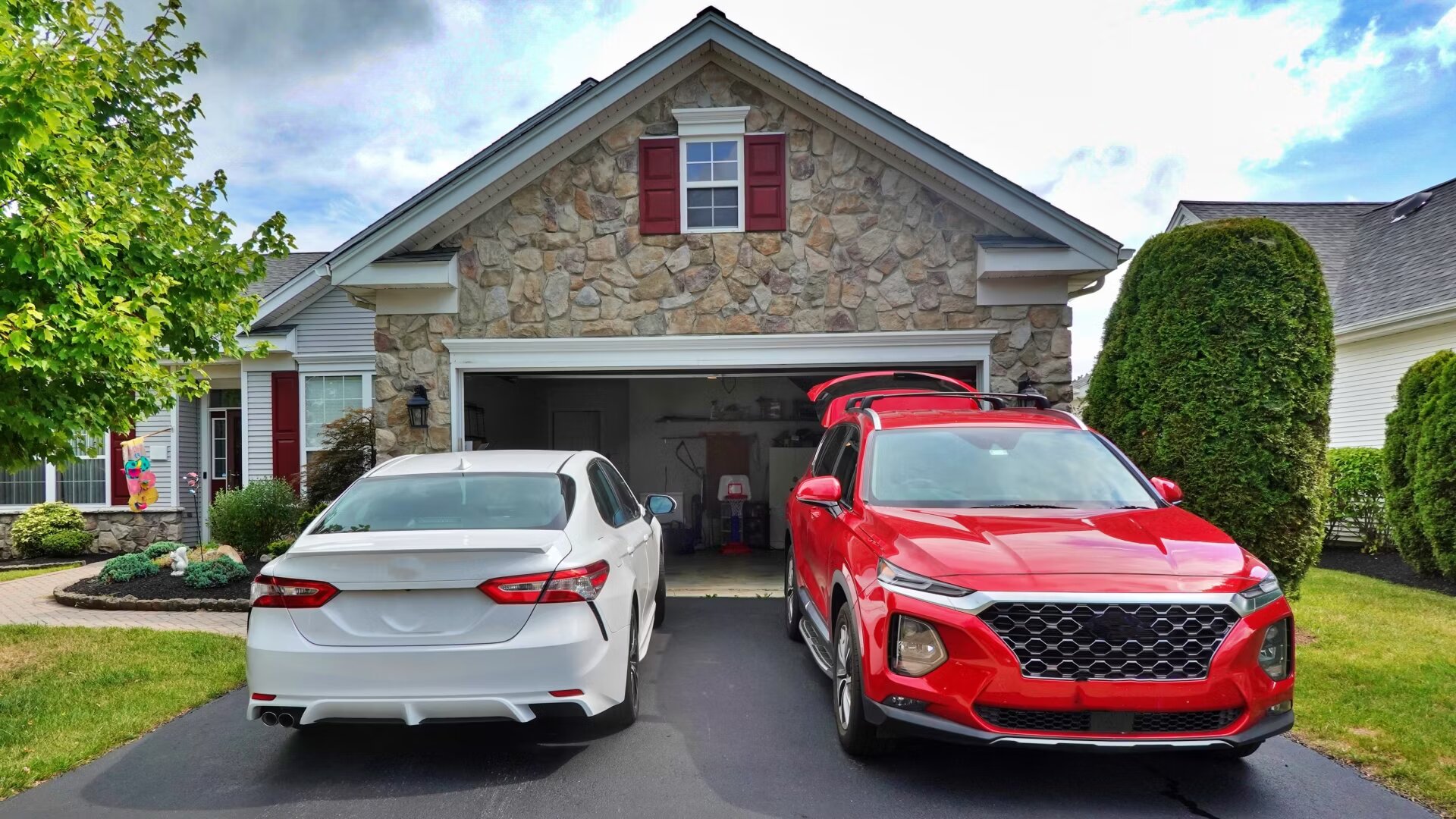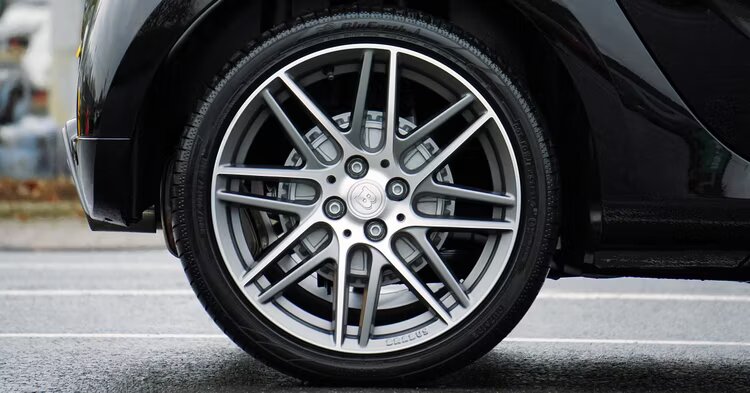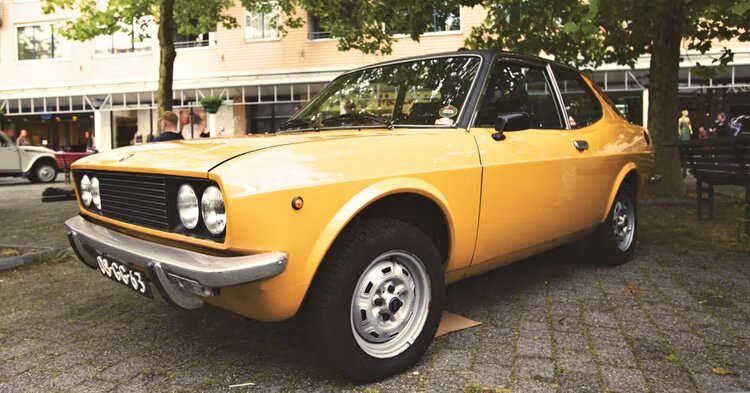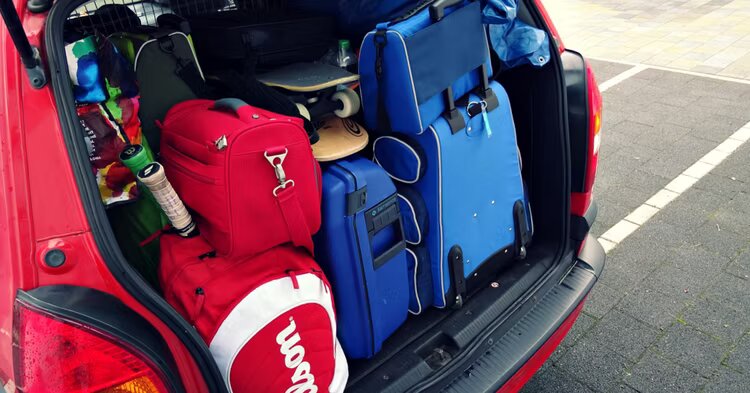10 Tips To Extend The Life Of Your Vehicle
Here are some foolproof ways of keeping your car on the road for longer and avoiding expensive repairs along the way

The automobile has been in existence for over a century-and-a-quarter, so that should mean treating our wheels right is second nature. However, it’s safe to say that while cars are ubiquitous in daily life, we’re still making mistakes that hurt our rides.
Cars today are extremely complex machines, and are getting more and more expensive to run and maintain, so it’s really important to make sure we’re doing as much as we can to prevent service bill shockers and unexpected expenses that can ruin a happy ownership experience. True, most of us are usually aware of the general service intervals and where the jack is, but we’ve included the reasoning behind our recommendations below, so you know this ain’t a snooty lecture and might actually read something useful.
The list will highlight commonplace traditions that can change for the better with our internal combustion engine autos across the board, from best practices for engine care and tire life to good driving habits – Vehicle ICE ICE Therapy! And before I pay for preposterous wordplay, we’d better move it.

Don't Rev Your Engine On Startup
Talkin’ Bout A Rev-elation: Revving immediately after starting is harmful to your car’s engine, period. Popular Mechanics says this habit doesn’t allow the engine components to be lubricated optimally before spirited drives, since cold starts mean the oil isn’t up to operating temperature just yet. That in turn could lead to reduced engine life in the long run-run-run. Tracy Chapman car-aoke humor aside, the point is to ease your car into the drive, and don’t lead-foot it right away.
This is actually pretty similar to a gym workout – we know that warming up is essential to prevent strains and pulls, and it most def isn’t a good idea to pump that iron without good stretching and a safe build-up. Yup, so don’t be heavy on your car’s metal before it’s had a chance to wake up with a soothing oil pan flute first…

Maintain Enough Gas In The Fuel Tank
Don’t Tango With Gas: Since the fuel pump remains cool only when submerged in gas and strains harder to draw the fuel system from the floor of the tank, filling just enough to get by is not ideal for your car. It’sunderstandable, sometimes financial constraints may not allow you to fill ‘er up every time, but it’s never a bad idea to treat the 1/4 level as your Empty and help prevent a premature fuel pump replacement bill.
Touch wood, it never happens, but keeping enough fuel in the tank
can also be a lifesaver because one needn’t lose precious minutes at a gas station in the event of an emergency – life is unpredictable and a car is often the quickest means of getting to a hospital or clinic, should an unforeseeable situation arise.

Learn How To Properly Operate A Manual Transmission
Avoid Sticking It To The Shift: If you drive stick, it’s advisable not to use the shifter to rest your hand and linger on the knob after you change gears, no matter how cool that feels! This habit will affect the manual transmission’s selector fork and synchronizer adversely – the weight of your hand will cause the fork to brush against rotating gear selector mechanicals, and we don’t want that.
Also, delving a little deeper into manual ‘box shifting, the clutch must
not be used as a footrest either, since very often drivers making this mistake actually unconsciously depress the clutch marginally on occasion, even when the car is traveling after the gear has been selected.

Maintain Optimum Air Pressure In Your Car's Tires
Under Pressure To Measure: You need to handle pressure if your tires are going to make it! Low pressure will affect your gas mileage and reduce tire life as well, in addition to causing suspension wear and potential rim damage. While several cars today have tire pressure monitoring systems, they aren’t accurate at times, meaning it’s wise to check levels manually. Also, never over-inflate your tires to save gas – this is extremely dangerous since they will break traction and fail sooner than you’d expect.
In addition, it’s wise to keep an eye on vehicle loads, the weather, and the terrain the tires are running on. Check your car’s manual for instructions to deal with a trailer, whether to lower or raise the pressure slightly according to outside temperature in extreme heat or cold and adjust the pressure rating if driving in sand, snow, mud, etc.

How To Extend The Life Of Your Brakes
Braking Bad: Even as a co-driver or rear passenger, ain’t it bloody annoying to be ferried with excessive speeding up and braking? Moderated throttle inputs are not all gas, and the sad news is that while this habit is extremely common, it also hurts the car in the long run. Motor Trend calls attention to last-second speed retardation and harsh driving that puts strain on car mechanicals like its transmission, tires, and chassis. These habits can drop fuel economy figures when coupled with over-energized on-off throttling as well – cars don’t like to accelerate hard only to come to a rapid halt soon after.
Younger, more inexperienced drivers, impress your dates and mates with restraint. Smooth acceleration and braking – it’s more conducive to conversation and keeping the latte in the cup. If they’re constantly flung forward and back, you’re guaranteed to lose valuable brownie points (and mess up the carpets). Ballet on the gas and brakes is the recommended art form, not breakdance…

Periodically Rotate Your Car's Tires
Don’t Hate, Rotate: Tire rotation is imperative if you want to get maximum life from them – make sure you refer to the car’s user manual for the correct rotation pattern. This ensures even tire wear since FWD vehicles go through their front tires quicker than the rear, and vice versa in RWD cars. Full-time 4WD rides will wear into their tires more evenly as compared to the previous two drivetrain designs, but remember that several of these systems are able to transfer drive to the front or rear depending on traction and power requirements, so even AWD cars prompt timely rotation.
Tires get around, pun intended, and are the only link between the car and the road, so it’s vital that they are taken care of properly – you’ll reduce the very real risks of hydroplaning in rainy weather, for example, with unevenly distributed tread wear that can cause one or more of the tires to lose traction unpredictably.

Avoid Parking Under Direct Sunlight
Under Cover, Brother: Ultraviolet rays from the sun can be very harmful to your car’s paint, and prolonged exposure to the sun will cause it to fade. Your car is also far less likely to suffer damage from the elements like dust, an unforeseen hail storm, and the like. MotorBiscuit also highlights how hot leather in the interior can be a rather nasty summer experience, especially if you’re wearing shorts or a skirt, and informs that harmful vapors that can stem from plastics in the car too.
Thus, try to park as much as you can in the shade – grab those covered slots under trees, in a basement, or garage wherever possible. The upside is that the interior ‘chills’ as well, in turn saving precious fuel since the air con needn’t become a climate control freak…

How To Prevent Rust On Your Car
Sometimes When We Touch (Up): You might think minor nicks and scratches on the bodywork of a car are harmless, but the truth is that the steel surface below is exposed where the paint has chipped – a non-RSVP invite to rust and corrosion. You can avoid big painting and bodywork bills by touching up minor cuts and bruises regularly – the costs of body repair can be exceedingly high, being a labor-intensive service, so being obsessive about your car’s looks is a good thing.
An added advantage of keeping your sheet metal pretty is the resulting higher resale value when the time comes to pawn your machine. There are also good ways today to keep your car’s bodywork and paint protected from minor nicks, like ceramic coating and underbody rust-proofing, for example.

Driving In Neutral Is Bad For Your Car
Neut-Roll Hurts: Don’t be neutral about standing up for your gears! It’s quite simple, really. The gearbox is present in your car for key reasons, to transfer torque and increase or decrease the speed of the vehicle. In a vehicle with a stick or automatic transmission, the only time to keep the car in neutral is when the car is stationary, of course, in conjunction with the handbrake.
Sure, some might save a minuscule amount of gas money while driving downhill in neutral, but the extra load on the brakes, loss of valuable torque, and reduced oil supply to the transmission are
enough to cause pricey permanent damage to these key car components. Otherwise said, a rolling car gathers more loss… [I know, almost done here.]

Don't Overload Your Vehicle
Don’t Weight Up: Of course, your vehicle should be used to carry your stuff, but that doesn’t mean its horses be trained to haul houses – excess weight in your car will not only adversely affect fuel economy, but also taxes the suspension, tires, and engine.
This is especially true for humbler autos, where power’s usually at a premium with heavy loads. Sure, if it’s a powerful car or truck, and your need is to tow a trailer, for instance, packing heavy is understandable.
However, try to remove unnecessary cargo as often as you can, since the extra gas and wear and tear will all reflect in your running and service bills in the long run. We like big boots, but the car needn’t cry…
